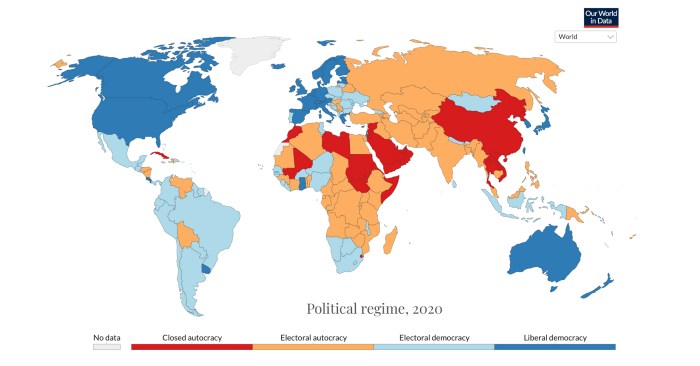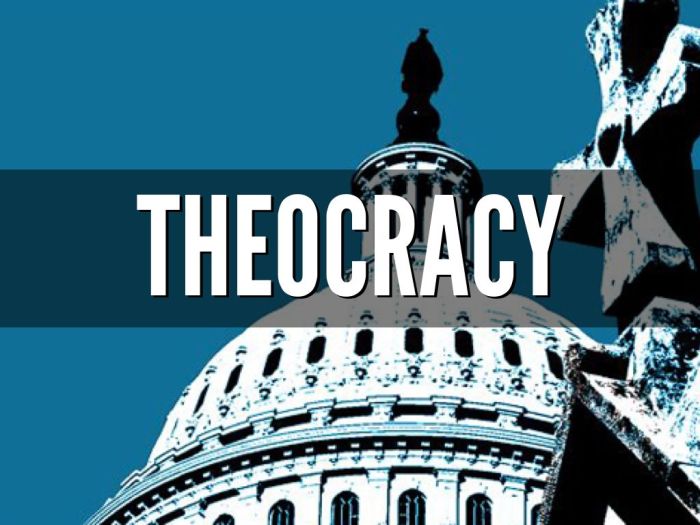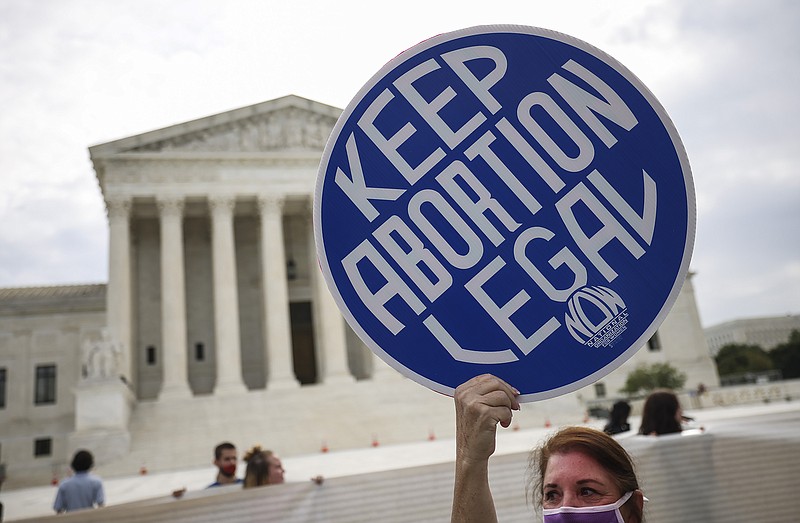Theocracy can co-exist with democracy. – Theocracy and democracy, two seemingly contradictory forms of government, have coexisted throughout history, often with complex and dynamic interactions. This article explores the potential for these systems to coexist peacefully, examining historical cases, challenges, and benefits of separating religious and political authority.
1. Definition and Context

Theocracyis a form of government in which the laws and political institutions are based on religious principles and the ruling authority is derived from a divine source. Democracy, on the other hand, is a system of government in which the people have the power to govern themselves, typically through elected representatives.
Historical examples of theocracies include ancient Egypt, where the pharaoh was considered the earthly manifestation of the god Horus, and the Papal States in Italy, which was ruled by the Pope until the 19th century.
Examples of democracies include ancient Greece, where citizens participated in government through direct assemblies, and the United States, where citizens elect representatives to serve in government.
2. Coexistence and Separation

Theocracy and democracy can potentially coexist peacefully if there is a clear separation between religious and political authority. This separation can be achieved through constitutional guarantees of religious freedom, the establishment of secular courts, and the prohibition of religious discrimination.
However, the coexistence of theocracy and democracy can be challenging when religious laws and political institutions conflict. For example, in countries where religious law prohibits certain behaviors, such as alcohol consumption or homosexuality, there may be tensions between religious authorities and democratic governments that protect individual rights.
3. Influence and Limitations
Theocracy can influence democratic processes and institutions in a number of ways. For example, religious leaders may play a role in political campaigns, or they may have the power to veto legislation that they believe is contrary to religious principles.
However, theocracy also has limitations within a democratic framework. For example, democratic governments are typically based on the principle of majority rule, which means that religious minorities may not have a say in the political process.
4. Case Studies

There are a number of countries where theocracy and democracy have coexisted. One example is the United Kingdom, where the Church of England is the established church but the government is secular.
Another example is Israel, where the Jewish religion is the official religion but the government is a democracy.
These case studies provide examples of how theocracy and democracy can coexist, but they also highlight the challenges and tensions that can arise.
5. Contemporary Challenges: Theocracy Can Co-exist With Democracy.

The coexistence of theocracy and democracy faces a number of contemporary challenges. One challenge is the rise of religious extremism, which can lead to violence and intolerance.
Another challenge is the role of technology and social media, which can be used to spread religious propaganda and promote extremism.
Expert Answers
Can theocracy and democracy coexist indefinitely?
The potential for long-term coexistence depends on factors such as the level of religious tolerance, the separation of powers, and the balance between religious and secular influences.
What are the main challenges to the coexistence of theocracy and democracy?
Challenges include the potential for religious influence to undermine democratic principles, the tension between religious law and civil law, and the risk of religious extremism.
What are the benefits of separating religious and political authority?
Separation can protect religious freedom, prevent the imposition of religious beliefs on non-believers, and promote greater political stability.